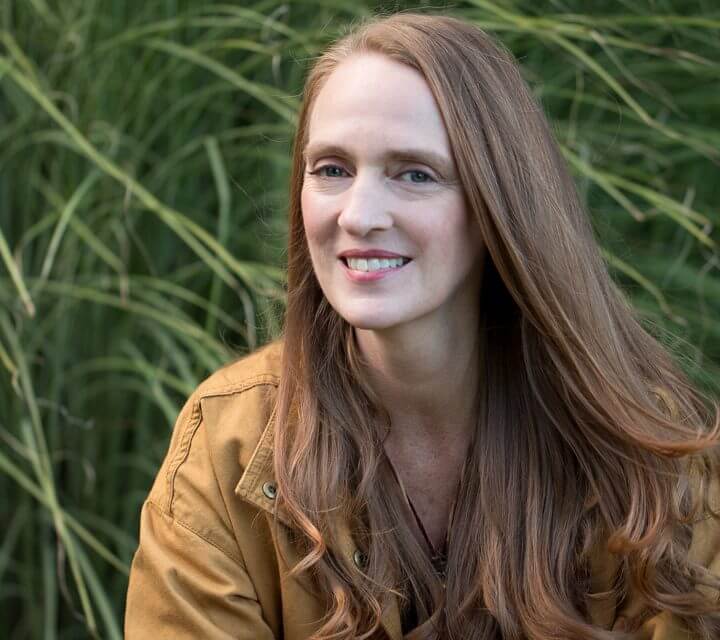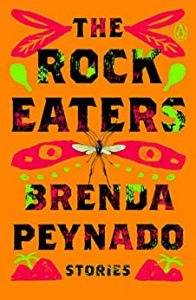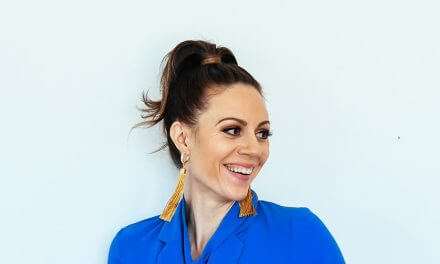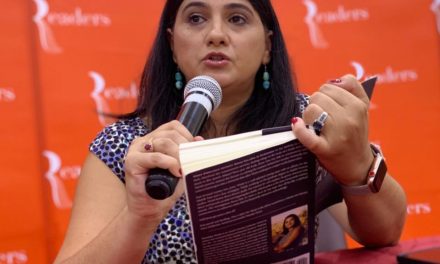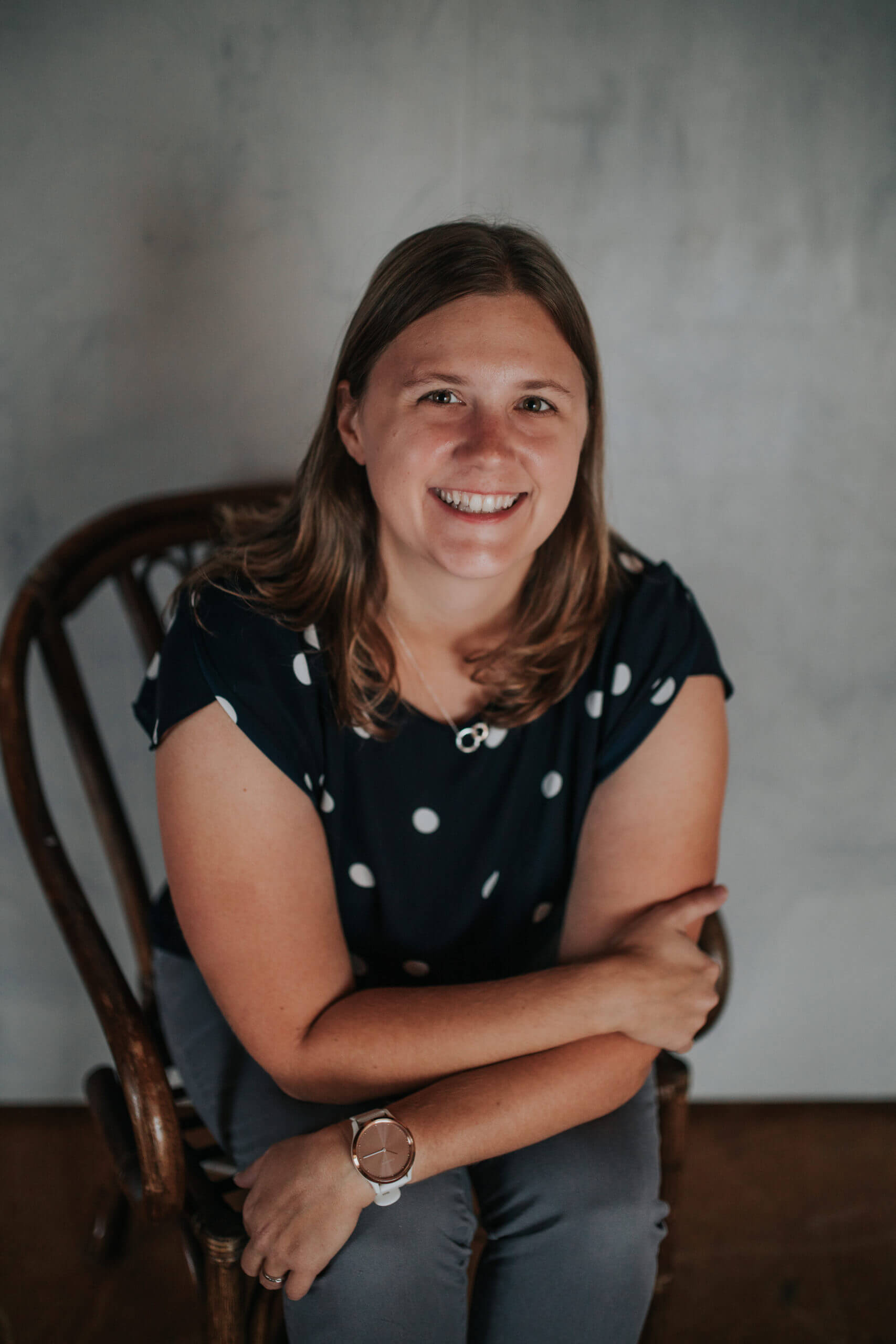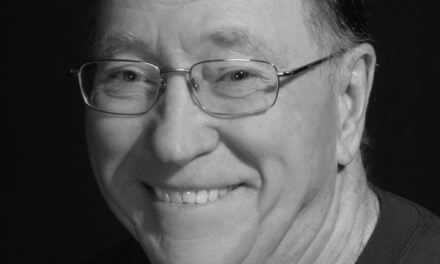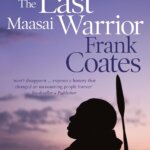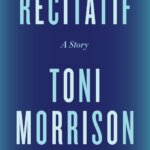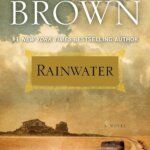Joining me today for a Covid-safe, very socially-distanced interview is Julie Carrick Dalton. Her debut novel, Waiting for the Night Song, has been named to Most Anticipated 2021 lists by several platforms including Newsweek, Buzzfeed, and Medium, and is an Amazon Editor’s Pick for Best Books of the Month in January. Her second novel, The Last Beekeeper, is due for release in 2022. As a journalist, Julie has published more than a thousand articles in publications including The Boston Globe, BusinessWeek, The Hollywood Reporter, Electric Literature, and The Chicago Review of Books. A Tin House alum, 2021 Bread Loaf Environmental Writer’s Conference Fellow, and a graduate of GrubStreet’s Novel Incubator, Julie holds a master’s in literature and creative writing from Harvard Extension School. She is the winner of the William Faulkner Literary Competition and a finalist for the Siskiyou Prize for New Environmental Literature and the Caledonia Novel Award. She blogs for DeadDarlings and The Writer Unboxed. Julie is a member of the Climate Fiction Writers League and is a frequent speaker and workshop leader on the topic of Fiction in the Age of Climate Crisis at universities, high schools, and writers conferences. Mom to four kids and two dogs, Julie also owns and operates a small organic farm.
SS: What was an early experience where you learned that language had power?
JCD: When I was ten years old, I saw something on a television show that I knew to be incorrect. It really bothered me. My mom suggested I write a letter to the producers of the show and tell them. I worked on the letter until it was perfect. I remember wanting to sound knowledgeable, but not like a know-it-all. Weeks later the producer called me at home. He said I was right and that he would like to fly me out to Hollywood to make a guest appearance on the show. It ended with my whole family flying to California so I could appear on an episode. The show corrected the inaccuracy, and made me feel seen. That one letter was the first time I recognized the power of using my voice and words.
SS: What in your childhood contributed to you becoming a writer?
JCD: I’ve written stories for as long as I can remember. In elementary school I used to write fan fiction scripts for the 70’s-era Wonder Woman and Mork from Ork TV shows and coerce my friends to act them out with me. My mother ran a puppet theater when I was growing up. She wrote and performed all her own shows. I loved watching her rehearse and often worked as her assistant on weekends. When I was about ten, I wrote and performed an original puppet show with a friend. I honestly don’t remember a time when I wasn’t writing stories.
SS: If you have children, does being a parent influence your writing? To what extent?
JCD: Raising four kids while writing a novel wasn’t easy. I had to sneak hours when they were asleep or in school. But they also inspired my novel. When they were little, I used to take them canoeing and we would pick blueberries from wide swaths of open shoreline. As the kids got older, they started asking whose land it was and if we were stealing the berries. The truth was, I had no idea who owned the land. There were no houses nearby, and I didn’t think anyone would mind some children taking a few handfuls of berries from a canoe. But my kids pressed me on it and I found myself inventing excuses to justify why it was okay to take the berries. At some point, I realized I was leaning on conveniently manufactured rules to justify my actions. Taking a few handfuls of blueberries was a benign action. No one else would have picked those berries. No one would have miss them. But was I teaching my kids it was okay to rely on manufactured rules to justify behavior that was not justifiable, even if it seemed benign? Those excuses I invented for my kids became the basis for The Poachers’ Code, a code of ethics the characters in my book create to shield themselves from their own questionable actions. I pushed my characters to an extreme limit and forced them to tackle the ethical questions I wrestled with while picking berries with my kids—but with life-and-death stakes. So basically, my book was inspired by my own questionable parenting.
SS: What other authors are you friends with, and how do they help you become a better writer?
JCD: I’m lucky to have a lot of close friends who are also authors. I’m an active part of the Novel Incubator alumni group at Boston’s GrubStreet. I never could have written Waiting for the Night Song without the support and feedback of these writers. I also have a support group with fellow debut authors Nancy Johnson and Sarah Penner who also have books coming out in early 2021. We meet up on Zoom every Sunday to vent, share news, and seek advice as we prepared to launch our first books. Their support—especially during the pandemic—lifted me up and carried me through the rough patches and made the exciting moments even more fun.
SS: How long have you considered yourself a writer? Did you have any formal training, or is it something you learned as you went?
JCD: I think I’ve always been a writer, although I also love science. I started college as a Pre-Med Biochemistry major, but I graduated with a double major in Journalism and Political Science. I’ve worked as a journalist ever since. I didn’t have any formal training in creative writing until grad school. In 2005 I graduated from Harvard Extension School with a Master’s in Literature and Creative Writing, and in 2017 I graduated from GrubStreet’s Novel Incubator. I’m also a Tin House Alum.
SS: What are you working on at the moment?
JCD: I’m finishing my second novel, The Last Beekeeper, which will launch in early 2022.
SS: What writer would you be most thrilled to hear wants to meet you?
JCD: Barbara Kingsolver. I’m an enormous fan of her novels and her nonfiction. And she, like me, runs a farm and grows food. As I was building my farm, I found a great deal of inspiration from her book Animal, Vegetable Miracle.
SS: I love Kingsolver, too, though I’d love it if Khaled Hosseini read my book, Hunting the Devil. Do you believe you write the kind of book you’d want to read?
JCD: Yes! Absolutely. I write the books I would want to read.
SS: What are you currently reading?
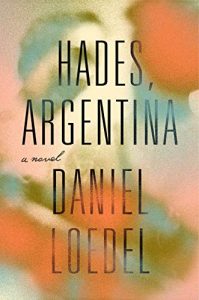
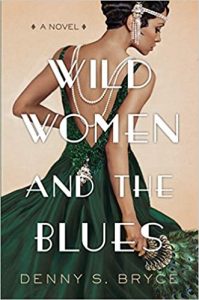
SS: Those books sound wonderful. Every time I interview someone, I add more books to my already-groaning to-be-read shelf. What’s your most recent book? In twenty-five words or less, tell me why a reader should start your book next.
JCD: Waiting for the Night Song is about friendship, secrets, and betrayal, but it’s also a relevant, timely story that engages climate science—and offers hope.
SS: If you stray from a chronological time frame, did you write the book in the order in which it appears on the page, or did you write it in a chronological order and later rearrange?
JCD: I really struggled with structure. Waiting for the Night Song is a dual timeline narrative from the perspective of my main character, Cadie Kessler, at ages eleven and thirty-eight. Initially, I wrote it chronologically starting at age eleven all the way to the present. But I realized the real story was with the eleven-year-old and the adult. Nothing in between added to the story. I cut out the middle, tore the narrative apart, and wove it back together as a dual timeline. It was a lot of work, but worth it in the end.
SS: What’s the best writing advice you’ve ever received?
JCD: “You don’t really understand an antagonist until you understand why he’s a protagonist in his own version of the world.”—John Rogers. This idea made me dig deeper into understanding my antagonist, which gave me clarity on his motivations.
SS: Do you believe in real-life happily-ever-afters?
JCD: I do believe in real-life happily-ever-afters, but I can’t write them. It’s not that I don’t want my characters to be happy. I want to end stories in a satisfying way, but leave the reader wondering what’s next. In life, I feel like the greatest joys come from tackling and overcoming challenges. It’s what makes life interesting, a reason to believe in a happy future, but also knowing there’s still life to be lived, challenges to be tackled, goals to be achieved. I prefer ending with hope rather than a neat HEA.
SS: I had planned to write romances—until I realized I have a genetic distrust of happily-ever-afters. So I switched to women’s fiction. Do you hide any secrets in your books that only a few people will find?
JCD: I left Easter eggs for my parents, my husband, and all four of my kids. Things only they will notice.
********************
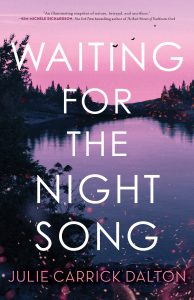
********************
An excerpt from Waiting for the Night Song:
Chapter Two
That Summer
The warped floorboards in the kitchen played like a piano under Cadie’s feet. If she maintained her rhythm and bounced from the long board in front of the sink to the short plank behind her father’s chair to the narrow strip in the middle of the room, she could coax the melody of “Twinkle, Twinkle, Little Star” out of the moaning, creaking wood.
Standing at the threshold between the kitchen and the hallway, Cadie mapped her route across the kitchen, seeking out the stiff, mute boards that promised silent passage to the door on the other side of the room. Thin light filtered through the muslin curtains at a familiar angle. Six thirty A.M.
Cadie often stole mornings while her parents slept to practice in case she ever needed to escape from something. What she would need to escape from, she did not know yet. Notice your surroundings. Know your escape route. Like Sherlock Holmes. With six leaps, she landed in front of the screen door and eased it open enough to squeeze her torso through. If she opened it one inch too far, the squeak would alert her parents.
Outside, a frothy mist hung over the lake. She tiptoed out to the end of the rickety pier and sat, letting her feet dip into the tepid water. At first Cadie didn’t notice the boat, half obscured by the fog. But as it crept closer, the small vessel broke through the gauzy curtain. A yellow rowboat, drifting alone with no captain, no passengers. She stood up to see inside. Maybe someone lay on the bottom. A lost child. Maybe a murderer ready to jump out and grab her. Pressing up on her toes, stretching as far as she dared over the water, she still couldn’t see inside.
The boat floated closer, closer, then passed by her pier on the barely noticeable current without pause.
The morning sun infused the mist with a creamy, molten glow. Pressure swelled inside Cadie’s rib cage. A longing rippled through her muscles and clung to her bones pulling her toward the boat as if the universe needed her to act. If she hesitated, if she went inside to ask permission, it would be gone. Disappeared into the clouds, like a dream she would never remember. She peeled off her pajama top and shorts and looked back at the house. Her toes curled around the edge of the warped gray boards, clinging to the rules she always obeyed.
She filled her chest with the misty air, pinched her nose, and jumped.
The lake water caught her as it had a thousand times before, but its embrace felt foreign at this early hour. Her limbs felt dense and stiff as she chopped through the water, trying not to sink too deep, where the water grew cold. From eye level the billowy vapor distorted her depth perception and she lost perspective of where she drifted, where the boat hid. Or the shore. She kept paddling forward. It had to be there. She tried to whistle a low tone to echo off the boat, but humid air absorbed the sound as it escaped her lips.
Finally, her outstretched hand swept the cold aluminum side of the boat.
“Hello?” she whispered, and rapped on the side.
********************
You can follow Julie on social media here:
Website | Twitter | Facebook | Instagram
********************
This post contains Amazon Affiliate links. As an Amazon Associate I earn a small amount from qualifying purchases.
